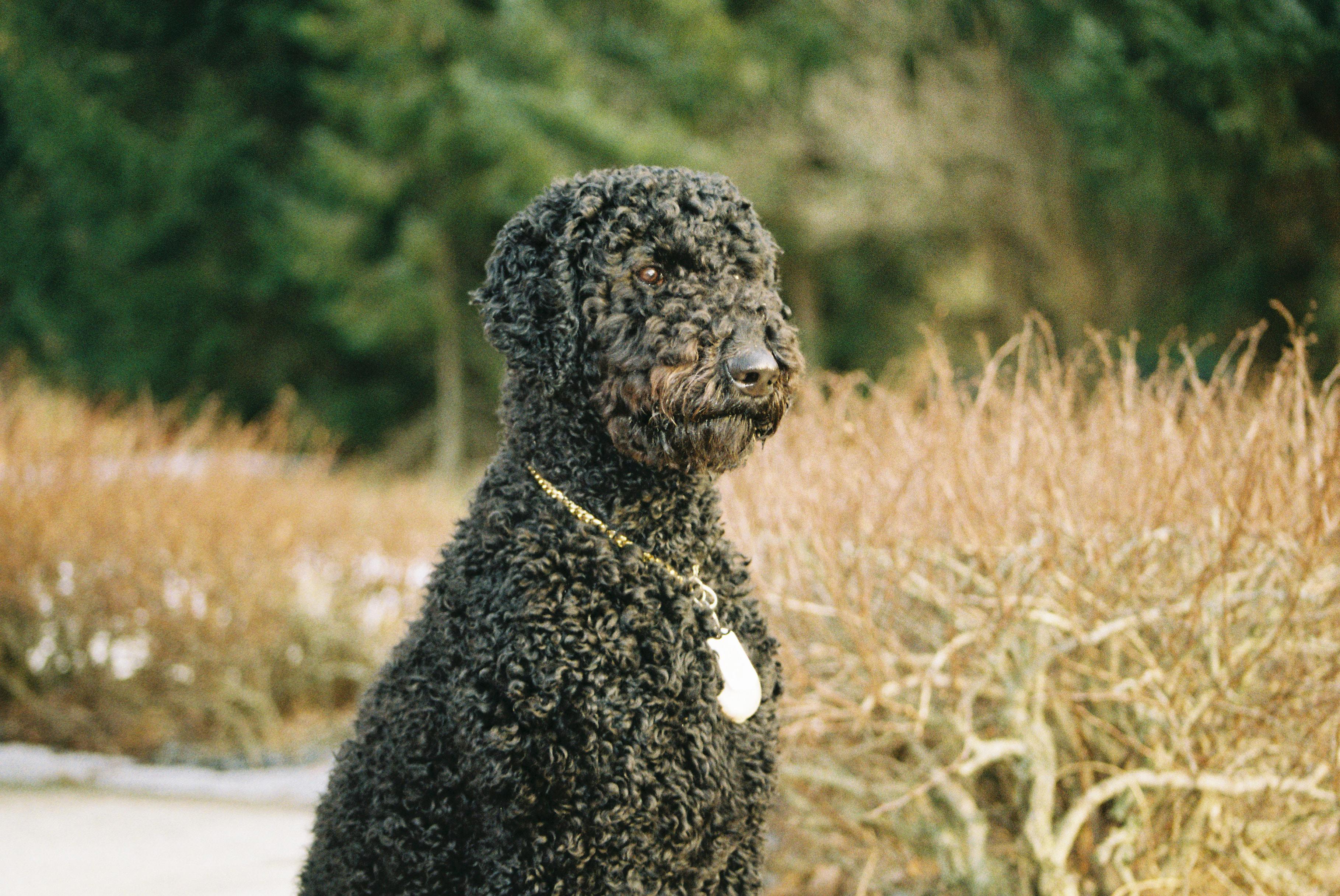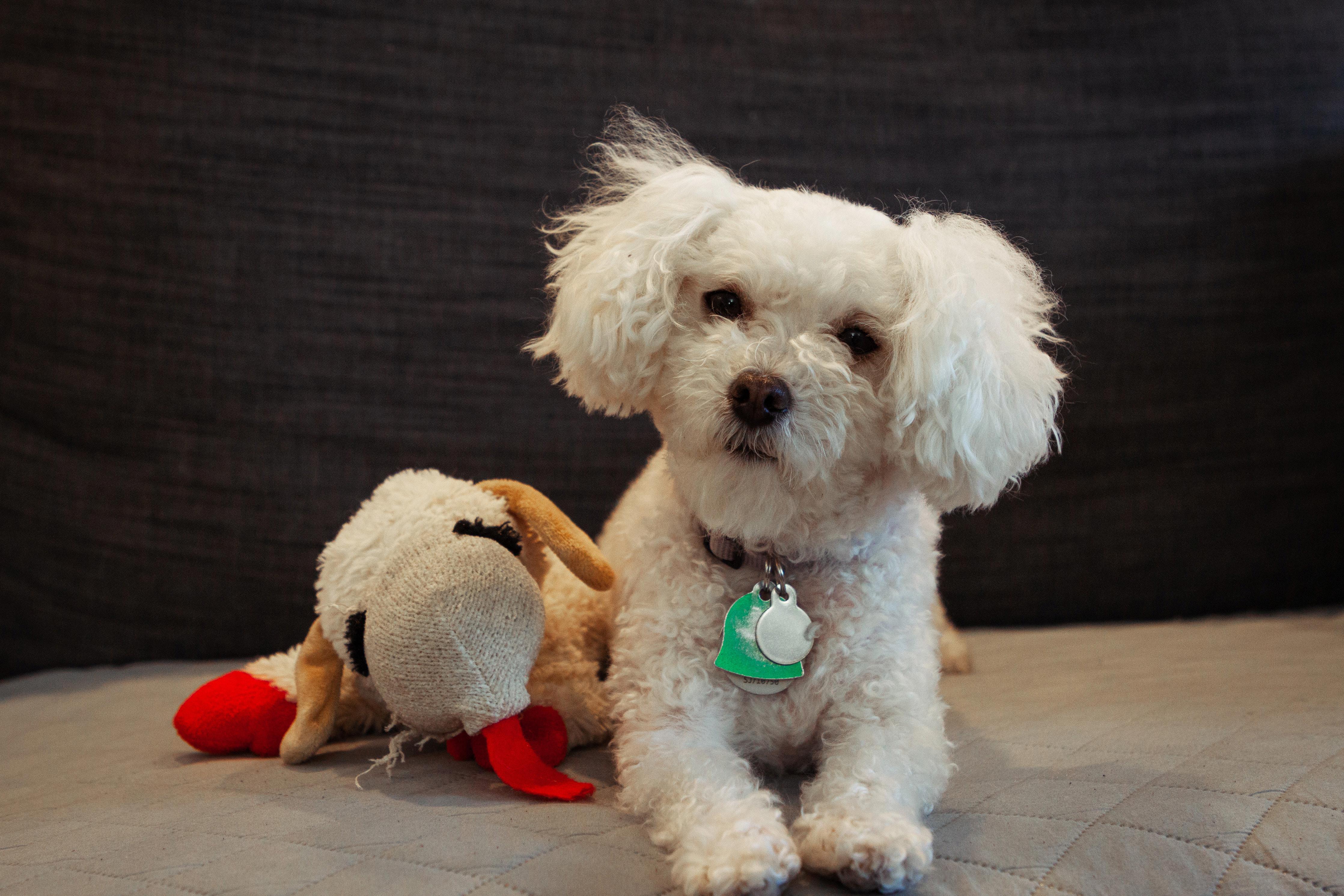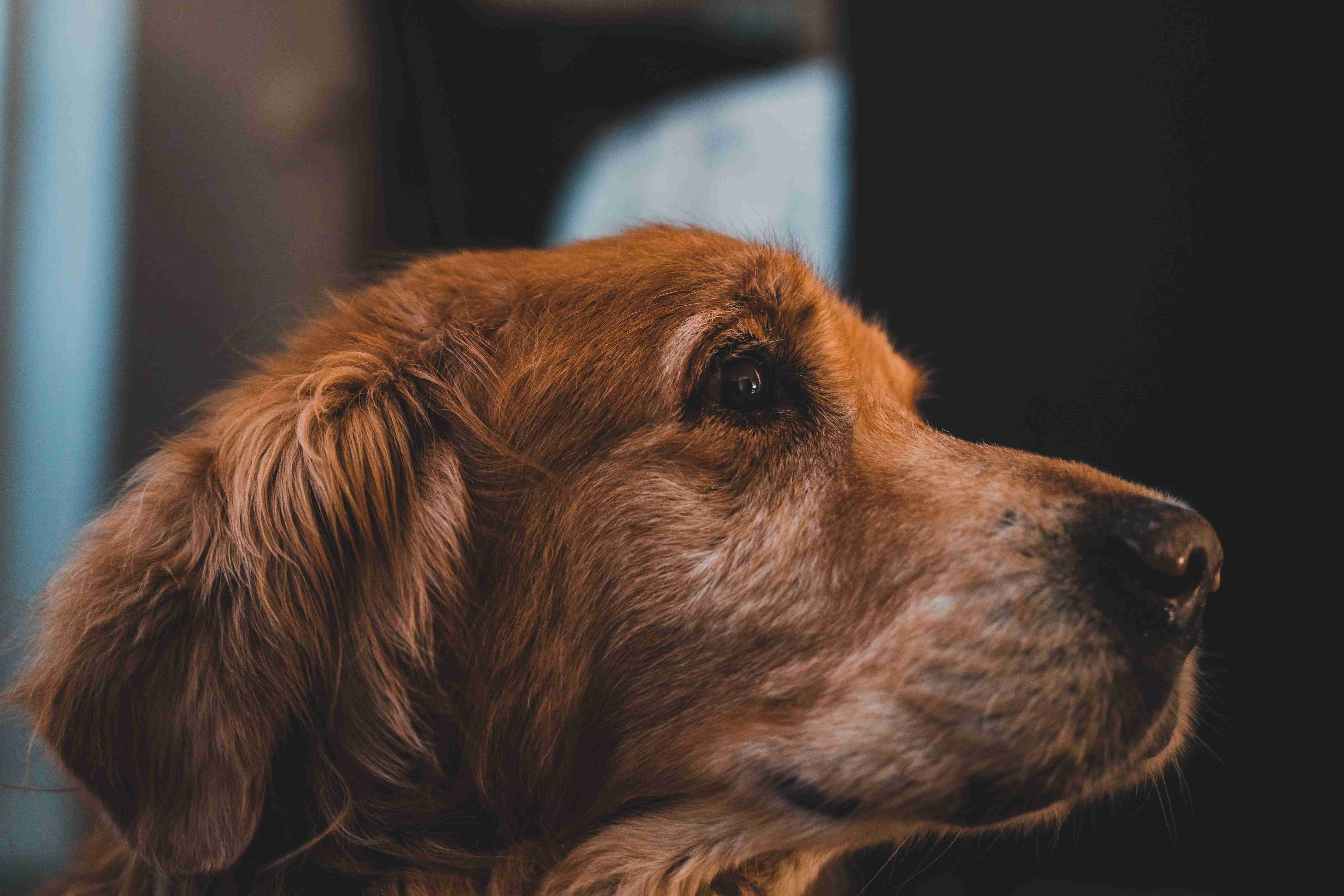
Do you own a poodle? Are you noticing signs of separation anxiety in your beloved pup? If this is the case, you’re not alone. Poodles, like many other breeds, can experience separation anxiety. Understanding and managing this anxiety is important for both you and your furry friend. In this blog post, we will explore separation anxiety in poodles, from what it looks like to how to help.
Exploring Separation Anxiety in Poodles: What to Know
Poodles are one of the most popular breeds of dogs, known for their intelligence, loyalty, and playful nature. But, like any other dog, they can suffer from separation anxiety. While this is not a medical condition, it can cause significant distress and lead to destructive behaviors. In this blog post, we’ll explore what separation anxiety is, the signs to look for, and how to help your poodle cope with it.
What is Separation Anxiety?
Separation anxiety is a common behavioral disorder in dogs, especially those that are highly social or have been abandoned or rehomed. It occurs when a dog becomes overly attached to its owner or other members of the household, and experiences distress and anxiety when left alone.
Common signs of separation anxiety in poodles can include barking, whining, howling, and/or destructive behaviors, such as chewing furniture or digging holes in the yard. These behaviors can be distressing for owners, as well as dangerous for the dog.
What Causes Separation Anxiety in Poodles?
There are several factors that can lead to separation anxiety in poodles. First and foremost, they are a highly social breed and need to feel connected and secure with their owners and family members. This bond can be weakened if the poodle has been abandoned or rehomed, or if the owner has to leave for an extended period of time.
Another factor is if the poodle has been exposed to a traumatic event, such as a loud noise or sudden change of environment. This can create fear and insecurity that may lead to separation anxiety. Additionally, if the poodle has not been socialized properly or given enough attention, they may also become anxious when left alone.
How to Help Your Poodle with Separation Anxiety
The most important thing you can do to help your poodle with separation anxiety is to create a secure, comfortable environment. This means providing them with plenty of exercise, mental stimulation, and affection. Additionally, you should avoid leaving your poodle alone for long periods of time, as this can increase their anxiety.
If your poodle does exhibit signs of separation anxiety, it’s important to remain calm and consistent. Don’t punish them for their anxious behaviors, as this will only make the situation worse. Instead, use positive reinforcement to reward them for good behaviors and gradually increase the amount of time they are left alone.
It’s also important to provide your poodle with plenty of mental stimulation. This can include interactive toys, puzzle games, or even teaching them new tricks. This will help keep their mind occupied and reduce the likelihood of them developing separation anxiety.
Finally, if your poodle’s separation anxiety is severe, you may need to seek professional help. A qualified animal behaviorist can provide treatment and advice to help your poodle overcome their anxiety.
Conclusion
Separation anxiety is a common issue in poodles, but can be managed with the right approach. Creating a secure, comfortable environment and providing plenty of exercise, mental stimulation, and affection can help your poodle cope with their anxiety. Additionally, if the anxiety is severe, you should seek professional help from an animal behaviorist. With the right care, your poodle can overcome their separation anxiety and lead a happy, healthy life.
Separation anxiety in poodles is a very real issue that can cause a lot of stress and disruption to both the dog and their owner. Understanding the cause and symptoms of separation anxiety can play a huge role in getting your poodle the help they need to overcome their anxieties. With the right management and support, poodles can learn to cope with their anxieties and live a happy and healthy life. Ultimately, the best way to help a poodle with separation anxiety is to provide a safe and secure environment, plenty of exercise, and positive reinforcement when needed. By understanding the causes and symptoms of separation anxiety, pet owners can better help their poodle and provide them with the support they need to live a healthy and comfortable life.



.jpg)
.png)


